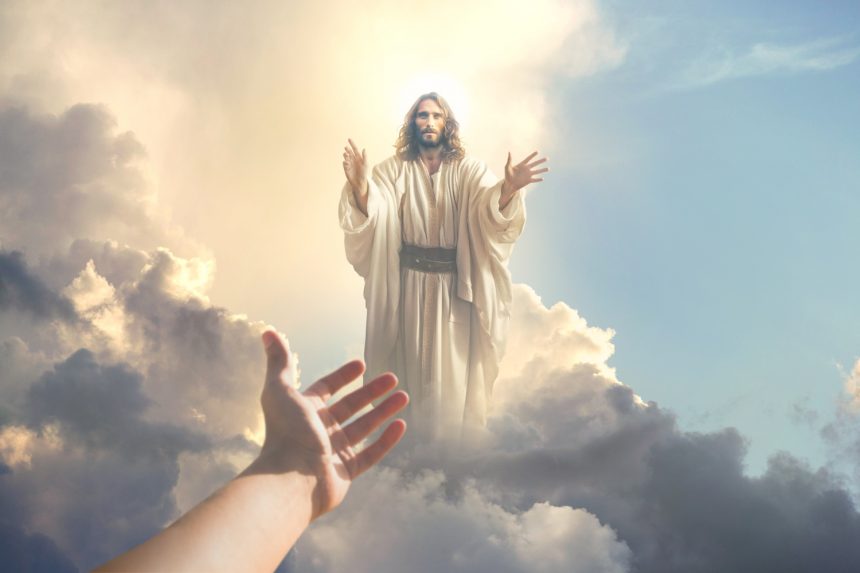Christmas Day is an annual holiday celebrated on December 25th in many parts of the world. It’s primarily observed by Christians as the commemoration of the birth of Jesus Christ, the central figure in Christianity.
The origins of Christmas date back to the early Christian church, although the exact date of Jesus’ birth is not specified in the Bible. Over time, December 25th became the accepted date for celebrating Jesus’ birth, likely chosen to coincide with existing pagan festivals like Saturnalia and the winter solstice, making it easier for early Christians to integrate their celebrations.
Christmas has both religious and secular significance. For Christians, it’s a time for religious observance, attending church services, and reflecting on the biblical narrative of Jesus’ birth in Bethlehem, his humble beginnings in a manger, and the significance of his coming into the world as the Messiah.
On a more secular level, Christmas has evolved into a cultural and festive holiday celebrated by people of various backgrounds. It often involves traditions such as exchanging gifts, decorating homes with lights and ornaments, festive meals, caroling, and spending time with family and friends. Santa Claus, gift-giving, and Christmas trees are among the many secular symbols associated with the holiday in different parts of the world.
Regardless of the religious or cultural interpretations, Christmas is often regarded as a time of generosity, kindness, and goodwill, emphasizing the spirit of giving, love, and unity among people.










po69kt